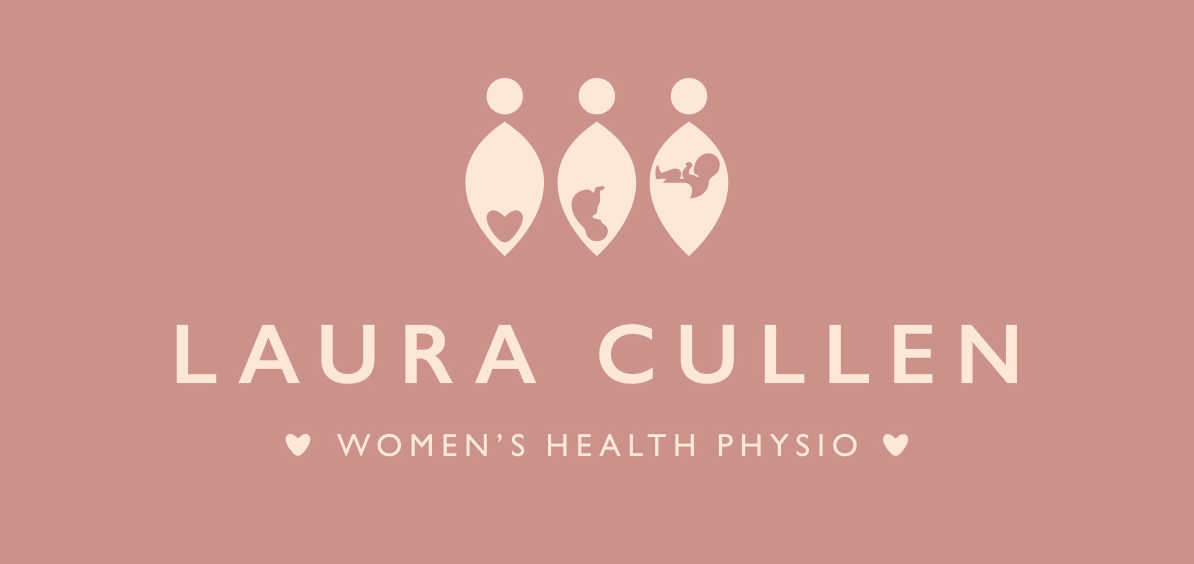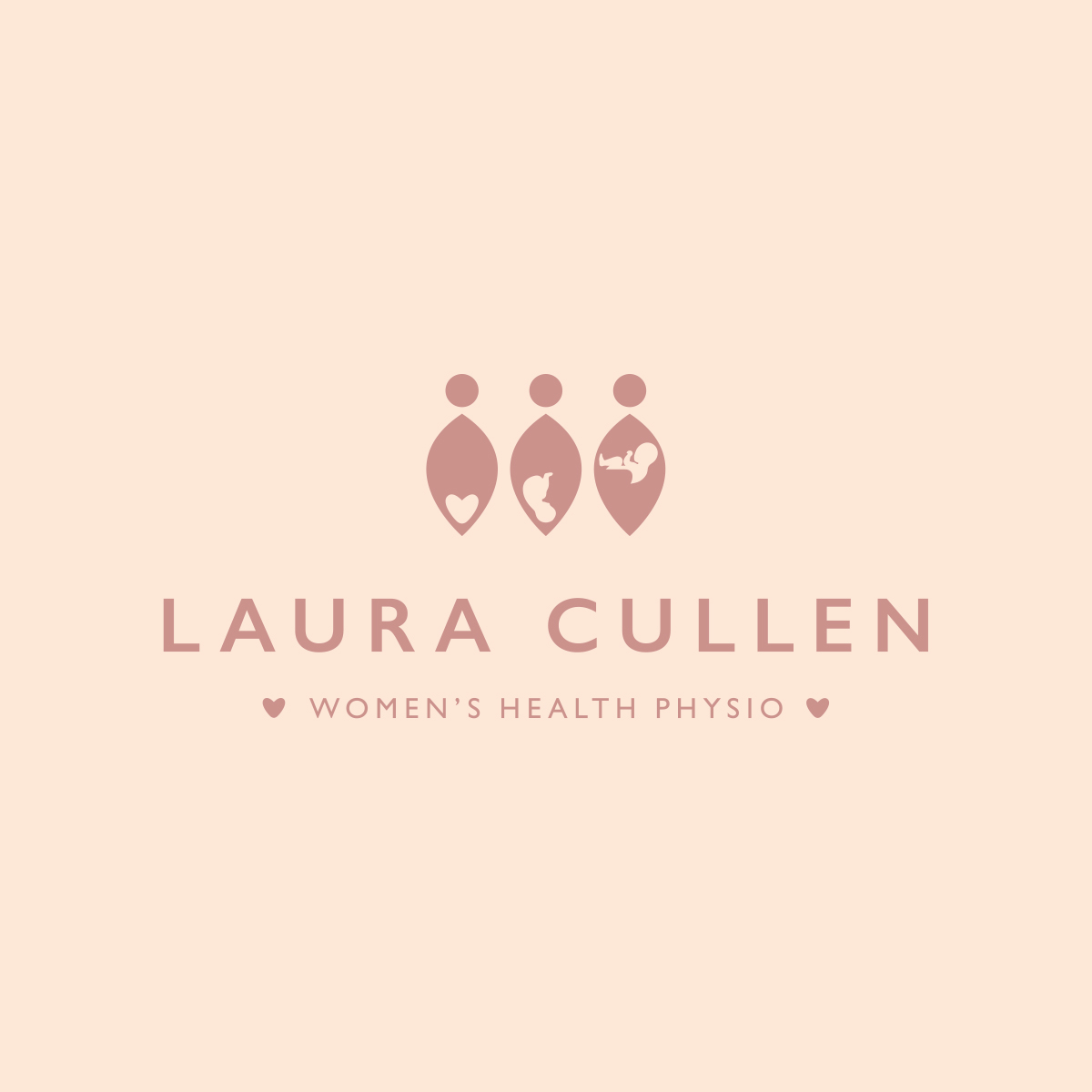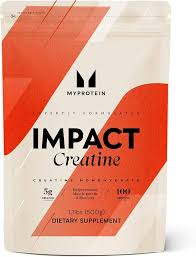What is Creatine?
In layman’s terms, it’s an amino acid stored in your muscles, brain and gut, and is required for all of the body’s fast, high-energy and demanding activity, I will explain all the benefits of creatine for women in this post.
Is there any other way of getting Creatine, without supplements?
It can be obtained through your diet via animal protein, especially red meat and fish, but you’d need to eat crazy amounts to hit the level available in most Creatine supplements available to buy.
Natural sources of Creatine include:
- Red meat
- Poultry
- Fish
- Animal milk
- Eggs
How does Creatine work?
Your body has three main energy systems: the aerobic, anaerobic and the APT-phosphagen system. All of these systems use a molecule called ATP (adenosine triphosphate) to carry and release energy.
During intense bursts of activity the ATP-phosphagen system is activated and your body generates energy (in the form of ATP) from another molecule called phosphocreatine (PCr).
ATP is broken down and energy is released. PCr is what your body needs to replenish ATP (i.e. energy) levels, but you only have a very small amount, which is where creatine supplementation comes in.
Creatine helps replenish adenosine triphosphate (ATP), which allows muscles to work harder for longer. This helps build muscle and burn fat without tiring out too quickly.
What are the benefits of Creatine for women?
Creatine can have several benefits for women, including:
- Improved strength and exercise performance: Creatine can help women build muscle and strength, especially when combined with resistance training.
- Better bone health: Creatine can help improve bone mineral density, especially for post-menopausal women.
- Improved mood and thinking: Creatine may help increase energy levels in the brain, which can improve mood and thinking.
- Reduced risk of reproductive issues: Consuming Creatine may lower the risk of irregular menstrual periods, obstetric conditions, and pelvic pathology.
- Improved memory and cognition: Increasing Creatine in the brain may support memory and cognition.
- Improved recovery: Creatine can help women recover faster from intense training and sports.
- Improved fat reduction: Creatine can help build lean muscle mass, which can help reduce fat, including belly fat.
Does Creatine make you gain weight?
The most common myths around creatine are that you’ll gain weight, or experience bloating or gut issues. This stems from the original “bodybuilding” methods of loading Creatine and taking 5g, four times per day. This combination creates an increase in cellular hydration (i.e. water retention), which can be associated with weight gain and bloating, but taking this amount has proven unnecessary long term and the side effects are unproven in women particularly when normal doses are used.
Which Creatine should I buy?
There are lots of different variations including gummies and flavoured powders but essentially the purer the better, no additional ingredients. I buy the myprotein Creatine monohydrate.
When should I take Creatine?
You do not need to take it before or after a workout, you just need to take it DAILY at the same time every day.
How much Creatine should I take?
3-5g, if you are petite and worried about bloating start lower and build up. If you are vegan you are likely to benefit from a higher dosage. Some people encourage a loading dose of 4 x 5g per day for the first week but this isn’t necessary long term and is more likely to cause upset so again if you are concerned about bloating definitely don’t do this. The scoop that comes with the myprotein powder holds 3g and I just take one scoop daily so the 250g bag lasts almost 3 months.


